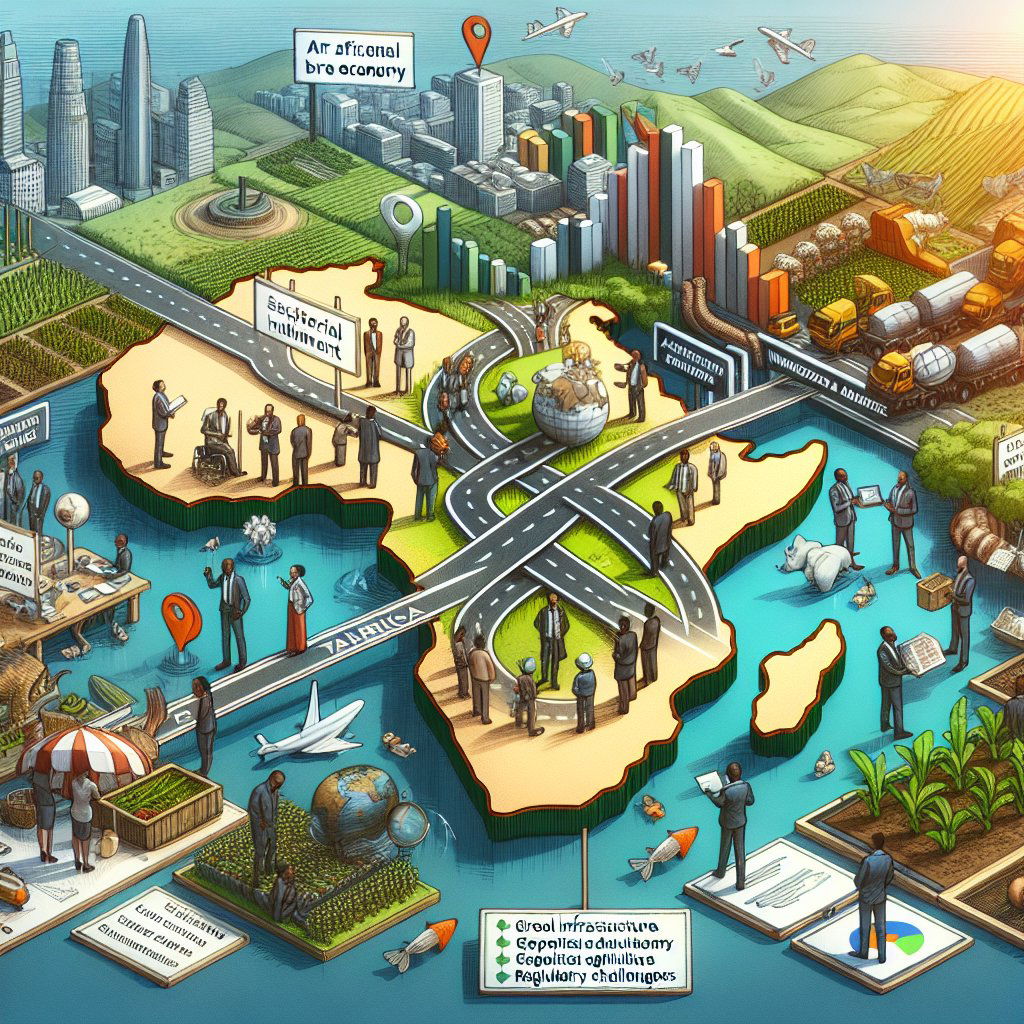Image: AI generated for illustration purposes
Reinforcing South Africa's Trade Position Amidst Global Challenges
South Africa (SA) finds itself at a crossroads where strategic action in trade could significantly bolster its economic trajectory. With global trade in a state of flux due to geopolitical shifts, it's vital for SA to seize opportunities to diversify and fortify its trading capacity.
Trade is a crucial engine of economic growth, and for South Africa, an expanded trading capacity, particularly through innovation and downstream value-addition, could be transformative. Recognizing the urgency, experts at the Henley Business School in SA emphasized the need for the country to act decisively.
Geopolitical turbulence and a drift from free trade norms have heightened the stakes. South Africa's trade benefits under the African Growth & Opportunity Act (AGOA) from the United States (US) stand on precarious grounds, with debates stirring in the US Senate about an out-of-cycle review that could jeopardize SA's AGOA status.
The EU-Southern Africa Development Community economic partnership agreement (EPA) underscores the European Union’s role as a dominant trade partner and investor, but Namibia's resistance to signing the EPA over constitutional concerns, given its affiliation with the Southern African Customs Union, could derail its implementation – a situation that SA must navigate with care.
Non-tariff barriers and regulatory challenges further complicate the landscape. South Africa must prioritize navigating these hurdles effectively to leverage trade agreements and ensure regulatory compliance.
Prioritizing economic sectors that have resilient value chains, such as the green circular bio-economy, is crucial. SA’s commitment to climate neutrality aligns with these sectors' focus and could drive robust trade expansion. Furthermore, global value chains, particularly in natural resource beneficiation, agriculture, aquaculture, and forestry, can underpin quality growth and sustainability.
R&D investment in South Africa lags behind, with less than 1% of GDP dedicated to this area, compared to the advocated 3% over a decade. Redirecting a greater portion of this investment toward physical and scientific fields is paramount.
African trade, characterized by a dominance of commodities and a deficit in manufacturing, along with low intra-African trade, presents a unique set of challenges. These are compounded by rapid population growth outpacing economic expansion.
Policy coherence across the fragmented African market is essential. South Africa can lead by improving regulatory frameworks and implementing the Africa Continental Free Trade Area (AfCFTA), which holds the promise of enhancing trade facilitation.
Infrastructure development, both physical and digital, remains a critical area for advancement. National agencies must play an active role in establishing integrated border management systems to streamline trade processes.
Amidst these challenges and opportunities, fostering innovative partnerships between business stakeholders and the government is vital. Only through collaborative efforts can South Africa hope to navigate the complex trading environment successfully.










